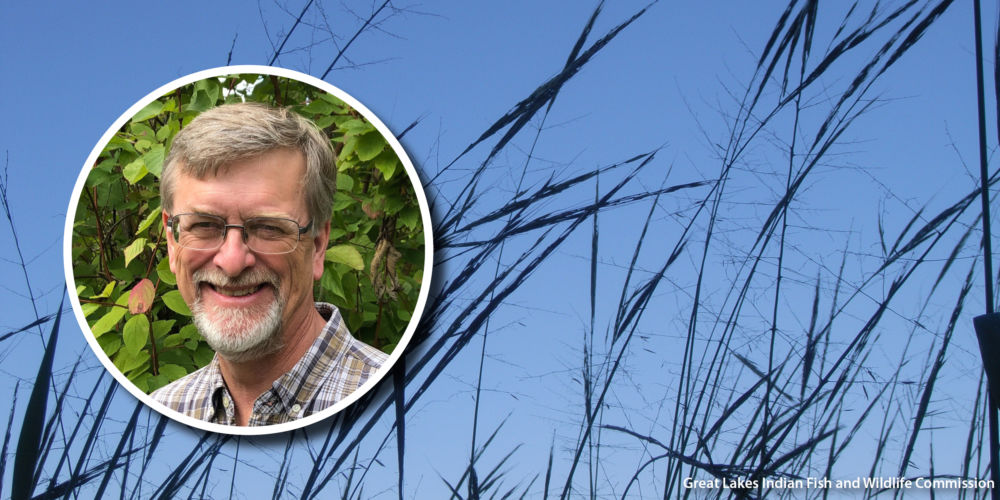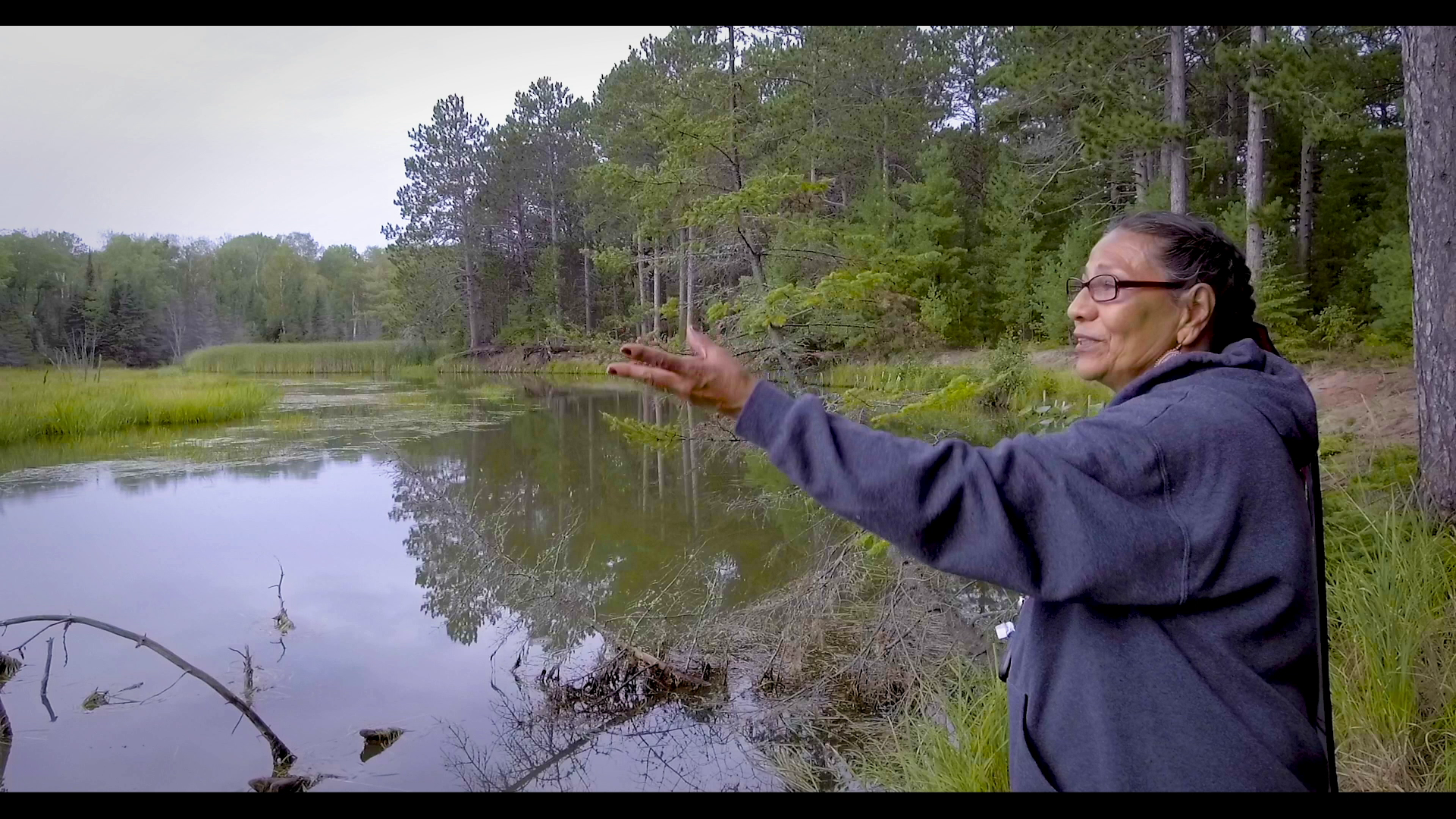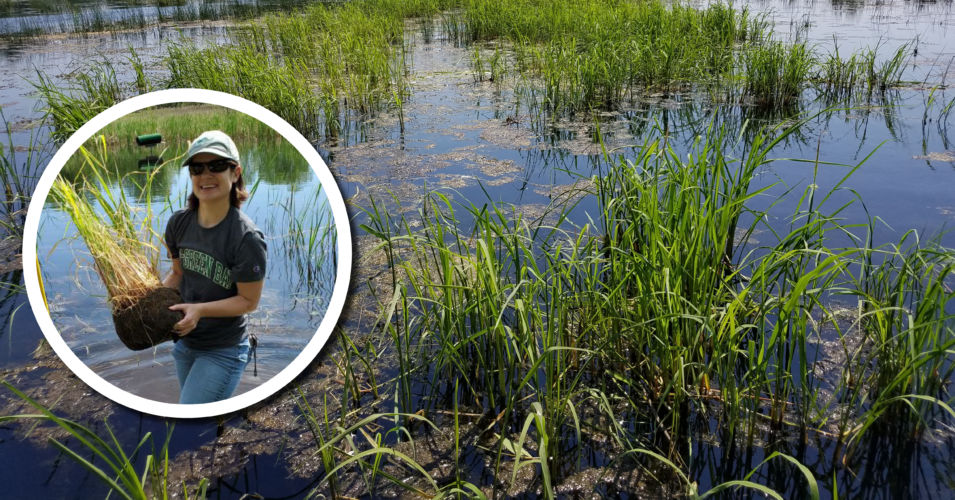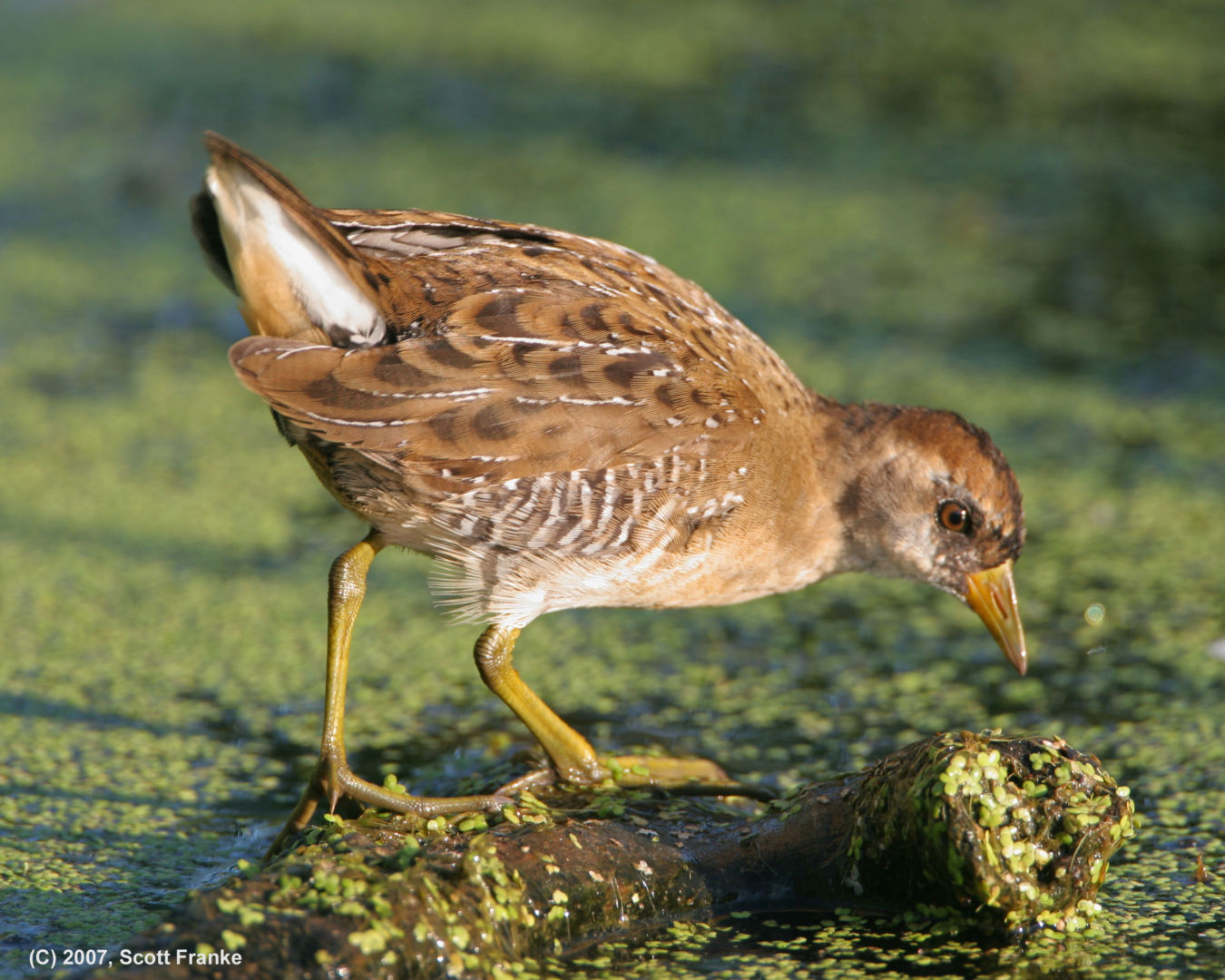Lessons learned in the Great Spirit’s garden
A presentation by Peter David, Great Lakes Indian Fish and Wildlife Commission
Wisconsin is one of the few places in the world historically blessed with a relative abundance of Manoomin, or wild rice. This incredibly giving plant holds tremendous cultural and ecological significance yet is facing growing challenges (and challenges growing) over her limited range here in the Badger state. Over the last 35 years, Manoomin has been patiently trying to teach GLIFWC Biologist Peter David about the challenges she faces surviving on the contemporary landscape while sharing some lessons on life that she has accrued over centuries of gracing our rivers and lakes. Peter presents an overview of the ecology of Manoomin and her cultural and ecological significance. He also shares a few lessons he believes wild rice is trying to share with us all, gleaned over his career working with Manoomin.
About Peter David (and Manoomin)
Manoomin (wild rice) is a more-than-human being from the second order of creation in the Ojibwe worldview. Manoomin received her education from the first order and from a millennium of practical, in-the-field experience. Manoomin will be assisted in this presentation by Peter David, a wildlife biologist with the Great Lakes Indian Fish and Wildlife Commission, who assists GLIFWC’s member tribes in implementing their off-reservation, treaty-reserved rights in what is now portions of Wisconsin, Michigan, and Minnesota. He received his education (bachelor’s and master’s degrees in Wildlife Ecology) from UW-Madison, from the tribal elders and members for whom he has worked, and from Manoomin herself.
Recorded on February 16, 2022:
Related content
Wisconsin Tribes: Leading the way in protecting and restoring wetlands and watersheds
Watch this series of videos to learn more how Wisconsin tribes care for their wetlands.
Wetland Coffee Break: Restoring wild rice in Green Bay west shore coastal wetlands
Wild rice: food for migrating waterfowl




